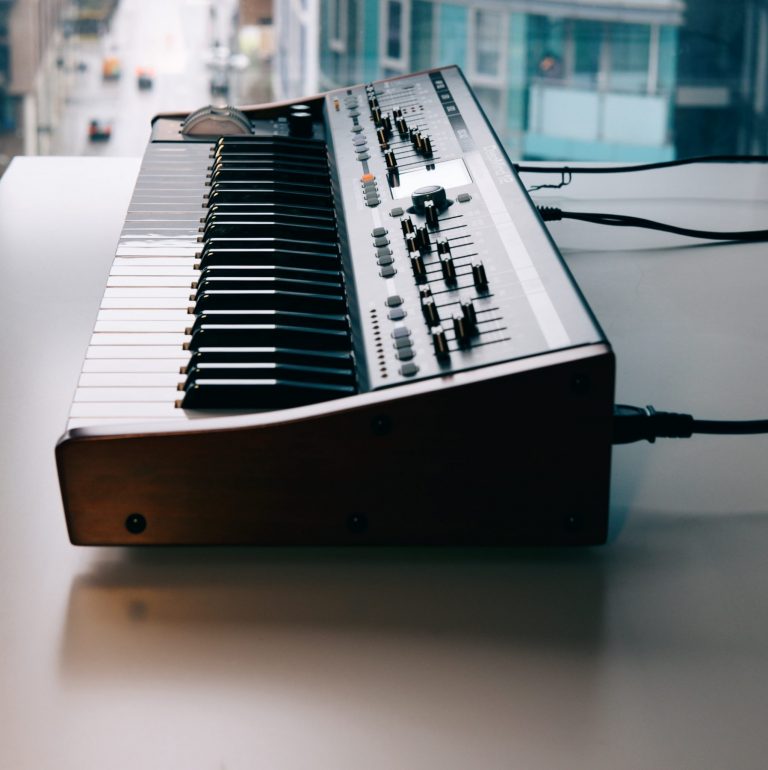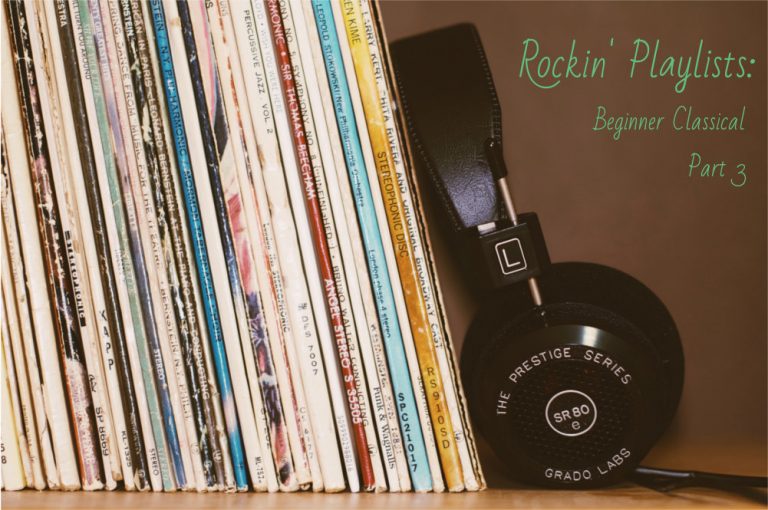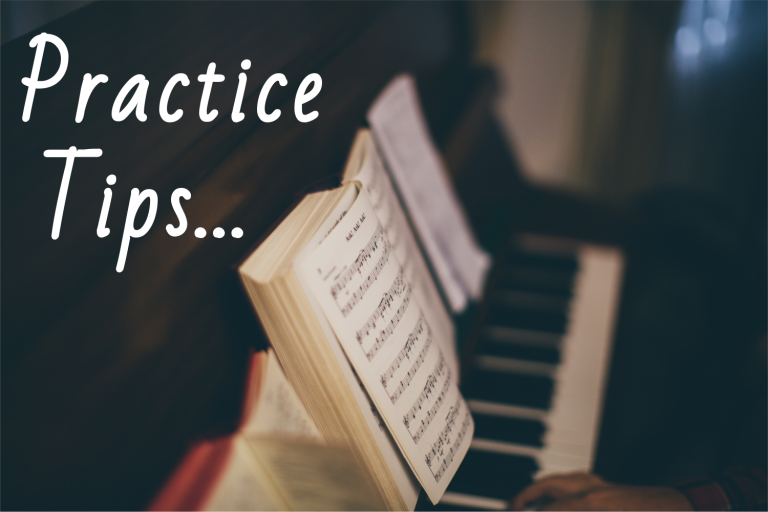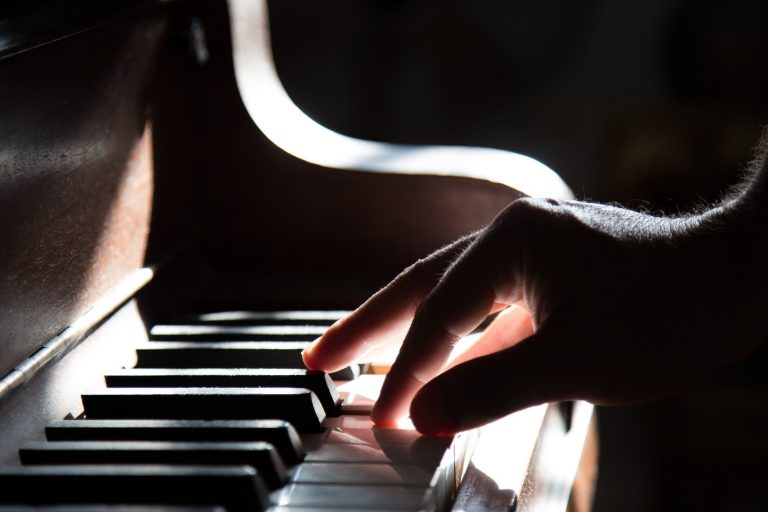3 Basic Things Students Forget
When a student begins lessons, there are many basic fundamentals that they learn. These things set the foundation for a life-long adventure with the piano.
While some basic things are easily remembered by students, sometimes it is very helpful to be reminded of basic, fundamental things.
Here are 3 basic piano fundamentals that students can sometimes forget:

1. Healthy posture does matter.
When students are first learning to play the piano, I teach them the importance of posture. In their first lesson, students are taught to sit with a tall back and their legs and feet straight out in front of them. But, as students age and progress, sometimes it can be very easy to overlook this basic fundamental.
We live in a society that pushes the latest and greatest of ergonomic technologies a lot. Why? Because we as a whole are forgetting the basics of good, healthy posture, and we are suffering for it. People are injuring themselves by performing repetitive tasks without proper posture and sufficient breaks. We sit at desks all day, and we lack exercise. Slouching is the go-to stature in the car, on the couch and even while we walk. Not to mention, we often fail to take the time to lift things properly.
All of this translates to our posture at the piano as well.
As students continue to study piano, it can be very, very easy for them to begin practicing poor posture habits while they play. Every now and then, students need to check in with their bodies to see if they are using them efficiently. They can even record themselves to see what they look like as they play!
Here are some things for students to ask themselves about their bodies while they practice:
-Am I keeping a tall, loose posture while I play, or are my shoulders slumped over?
If you find that your shoulders are hunched over (like mine tend to be!), there are some simple things that you can do to help with this. I love Bob and Brad the Physical Therapists’ YouTube Channel! Here is an excellent video that address rounded shoulders specifically.
-Is my bench at the proper height and distance from the piano?
Bench height and distance really affect a pianist’s posture! The bench should be at a height where the student’s arms can run relatively parallel with floor. This usually means that their elbow are just barely above the tops of the keys.
Also, the bench should be distanced away from the piano so that student can comfortable sit tall. They shouldn’t feel as though they have to leave forward or backward to reach the keys. This usually means that their elbows will be just slightly forward from the center of the side of their torso.
-Am I aware of any tension in my body?
Students need to always be checking themselves for tension as they play. Sometimes this can be obvious tension like in the way they are holding their hands for a certain chord or passage in their piece. Other times it is less easy to spot. One of the biggest things to consider is whether they are PUSHING the keys down with their muscles or letting the WEIGHT of their arm depress the keys. They need to be doing the later.
2. Active listening while playing is not the same thing as hearing it.
This is a basic life principle, really. We have all heard that hearing something and listening to something are two completely different things. For example, your child might hear you ask them to put their things away. But, if they are listening, they will actively respond by putting their things away.
Active listen is a big part of playing the piano.
Students can practice piano all day, but not listen to what they are playing. They may not be actively listening to sounds they are producing through the instrument even though they hear them.
Active listening involves attentively shaping each and every nuance of sound that is being made. Certainly, practicing requires a lot of repetition, but students should be deeply involved with each note. Don’t play like a robot! Use dynamics, articulation, rubato, voicings and subtle details to make each and every repetition come alive. Your music should have life!
3. Have patience.
Students need to remember the same enjoyment they had when they were learning the basics of playing. Then, they need to apply that, along with an extra dose of patience, to their practicing sessions.
Beginning students sometimes experience frustration when they are learning a new concept. When they experience this, they are always encouraged to be patient and keep on trying. This happens to EVERY pianist! Sometimes, older, more advanced students need to remember this basic thing, too.
Students need to have patience and remind themselves of how much they enjoy playing the piano.
When faced with a difficult piece, students can take time to reflect on how much joy comes from tackling something hard. If students are feeling discouraged, they can tell themselves to keep on going. They CAN accomplish big things, and it will get easier!
After all, how do you eat an elephant? One bite at a time.








